Mods vs Warranty: How modifications affect your new car warranty
Do modifications affect your new vehicle warranty? Easy answer: Yes, and of course, no. If you’re considering modifying your next new car, grab a pen…
Here’s a question I got the other day from a guy named Tim. That sound you hear in the background will be the can of worms opening:
Re: Subaru Outback premium 2.5i - Do modifications for disability affect vehicle warranty?
Cannot seem to find the precise load carrying capacity kgs of the roof rack as we have to put a chair-topper for a wheelchair on the roof. We have a trade in as well.
- Tim
Easy answer first: For definitive guidance on roof rack load limit, if it’s not in the specs, ask the dudes and dudettes who would know: Subaru Australia (on 1300 550 994 or feedback@subaru.com.au).
One thing you can always count on here is that carmakers are red-hot at answering questions if they think it’s gunna remove a barrier to you getting into one of their brand new cars.
Prospective Outback buyers need to bear in mind that an all-new Outback is due here in Australia in the last quarter of 2020 or the first quarter of 2021 and you might just kick yourself if you buy the old fifth-generation Outback now.
The core business of carmakers is after all to make new models better than the ones they replace. Kind of a waste of all that R&D cash if they don’t. (As things stand, Outback is Subaru’s oldest vehicle in the current inventory. The imminent new one is going to look better and be better, on the balance of probability.)
Modifications: My default advice is - do not modify a new car if you can avoid it. Choose one that will do what you want out of the blocks. Obviously in the case of disability and things of this nature, some modifications are not optional.
Some useful links on vehicle mods
- Aftermarket ute trays: public safety concern or smear campaign? >>
- Weight distribution hitches >>
- The truth about genuine parts & authorised dealers: they’re fake >>
So here’s how I’d approach it.
This answer is not just about disability modifications, though. It’s about all modifications and warranty, because, legally, I don’t see how mods for disability and access are treated differently to any other mods you might make. I don’t think there’s separate consumer law-type legislation for modifications to accommodate disabilities. (But I’m no lawyer.)
You are absolutely allowed to modify your vehicle (as long as the modifications are legal). And it’s not like modification intrinsically burns your factory warranty to the ground. It doesn’t work that way.
The way this works is: If you modify a vehicle and those modifications cause or contribute to a defect or a failure in the vehicle, the manufacturer is going to decline to cover the cost of repair under warranty, which is entirely reasonable. Manufacturers are required to cover only defects or premature failures attributable to their own poor performance.
However, you might have some legal recourse against the dudes who did the modifying. Because they’re required to comply with the ‘Acceptable Quality’ Consumer Guarantee - which is a core piece of consumer legislation here in Australia. Just click here for more >>
In other words, if you fit an aftermarket roof rack which the manufacturer (of the roof rack) and/or the installer claims is designed specifically for your vehicle, and you’re driving along, and the roof just flies off on the freeway - hypothetically - you can probably take action against the roof rack dudes.
This seems straightforward, but often it is not. Like, how do you know it’s the roof rack’s fault? How do you know the carmaker didn’t forget to weld the roof on properly? (It’s a nonsense example, right? But it illustrates the point - the risk.)
In some circumstances, it is conceivable that the vehicle manufacturer would claim the modification caused the fault and decline to cover it under warranty. At the same time the modifier might claim that the modifications did not contribute to the problem.
This leaves you stuck in the middle - inconveniently - and I’d suggest this often involves lawyers and considerable expenses. Independent experts and hearings and nobody needs that.
Cold reception
Here’s a more plausible example.
Say you buy some new 4X4 and you fit a bullbar, a winch and a couple of big fat driving lights. You’re towing a heavy trailer in the middle of the desert, mid-summer and the transmission goes poopy in its trousers, inconveniently.
After some trials and tribulations you finally get back to the dealer and you’re expecting them to say they’re ordering a new transmission and it’s all covered under warranty, and what they in fact say is: Your accessories compromised airflow to the transmission oil cooler - and that’ll be $12,000. Do you want to go ahead with it?
So you ring the 4X4 accessories dudes and they go: “Nah, mate. No way. Our accessories don’t do that.” You’re stuck there, in the middle - literally and metaphorically - and you have to resolve this dispute or just cough up the big bucks. Not a pleasant situation.
One of those two parties is using the inherent ambiguity of responsibility for the problem as an excuse to get out of it. And nobody’s about to step up and help you for free.
If you re-chip an engine, or fit a different exhaust system, and the DPF dies, or the engine just blows up - forget it. You won’t win a warranty claim. If you own a 4X4 and you give it a three-inch lift and fit massive off-road tyres, or you do a big GVM upgrade, and there’s a substantial powertrain failure.
Zero - that’s basically the amount of care factor you can expect from the vehicle manufacturer. The more severe the mods, the more likely your vehicle will go all ‘Apollo 13’ out there in traffic, and the less likely the manufacturer will be motivated to assist you. It really is that simple.
So, if you’re the kind of dude - and it always is a man - lying awake at night fantasising about vehicle modification porn. Planning all the mods that will follow that new vehicle purchase … just get up and take a cold shower on this. Unless there’s a really good reason, such as Tim and his need to accommodate a wheelchair, it’s almost always a bad idea to modify a vehicle considerably.
And if you do decide to green-light some aftermarket mods, choose only reputable manufacturers of accessories and modifications, and make sure the modifications are professionally completed, using high-quality components. Make any modifications as conservative as possible in the circumstances.
Points taken
In this case, determine the maximum permitted roof rack load, don’t exceed it.
Buy a reputable roof rack and whatever else is required to lift the wheelchair up there and back, and make sure a reputable professional does the installation. And keep every single scrap of written conversation between you, the dealer, the brand and the installer. Take contemporaneous notes in every phone call interaction and type them into a document with names, dates and times, and the main points of conversation. Here’s a more detailed explanation >>
You might even consider getting the new car dealer to commission the modifications for you, and purchase the vehicle from them, modified. Because if there’s a consumer law-type problem in the future, the retailer is legally required to deal with it - so why not make it entirely the dealer’s problem?
You’ll pay a premium for them doing this for you, as a service, but if something goes wrong the dealer will be accountable to you, and it’ll be him coming after either the carmaker or the accessories dude for his own compensation. Perhaps that’s a plan.
I’d also suggest choosing a brand of vehicle where the manufacturer is renowned for not throwing you under the bus at the first opportunity. Here are mine>>
Happily, Subaru is pretty good like that. Certainly they’re up there with the best brands for actual customer support in Australia.
Modifications do not automatically void your warranty like some blanket clause in a contract. But you should take steps to ensure you’re not shooting yourself in the foot just by doing them for no good reason.




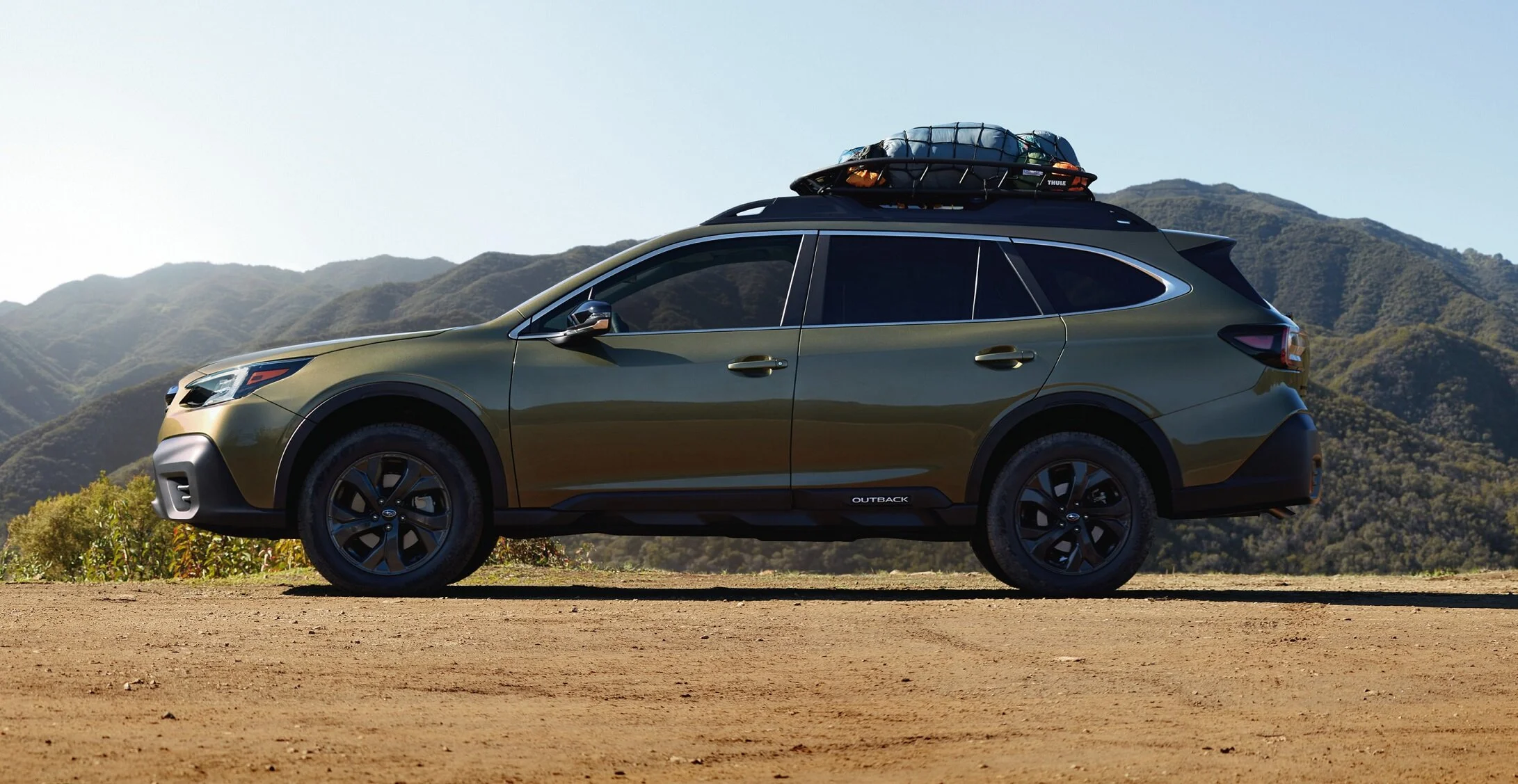
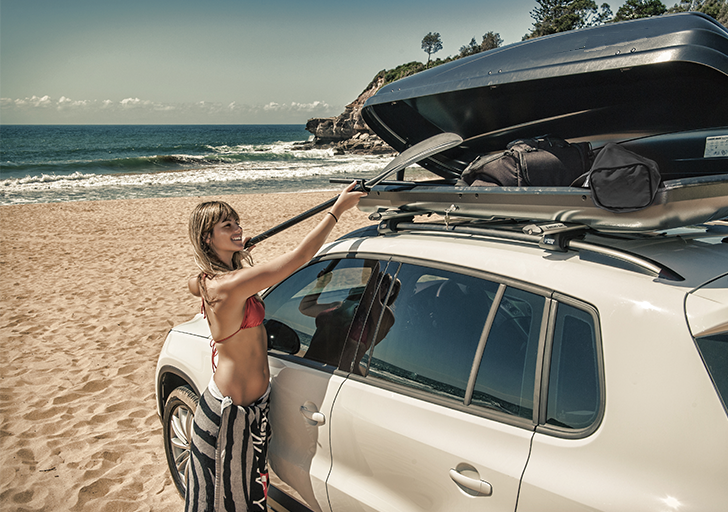
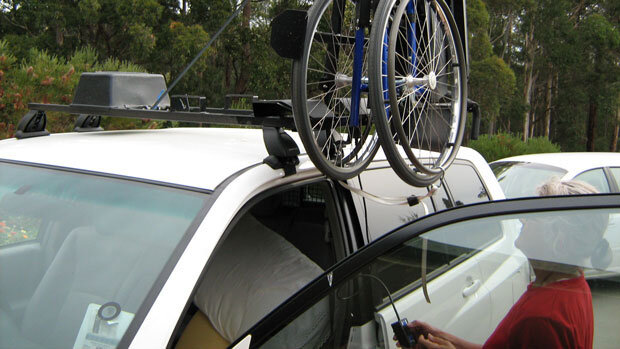
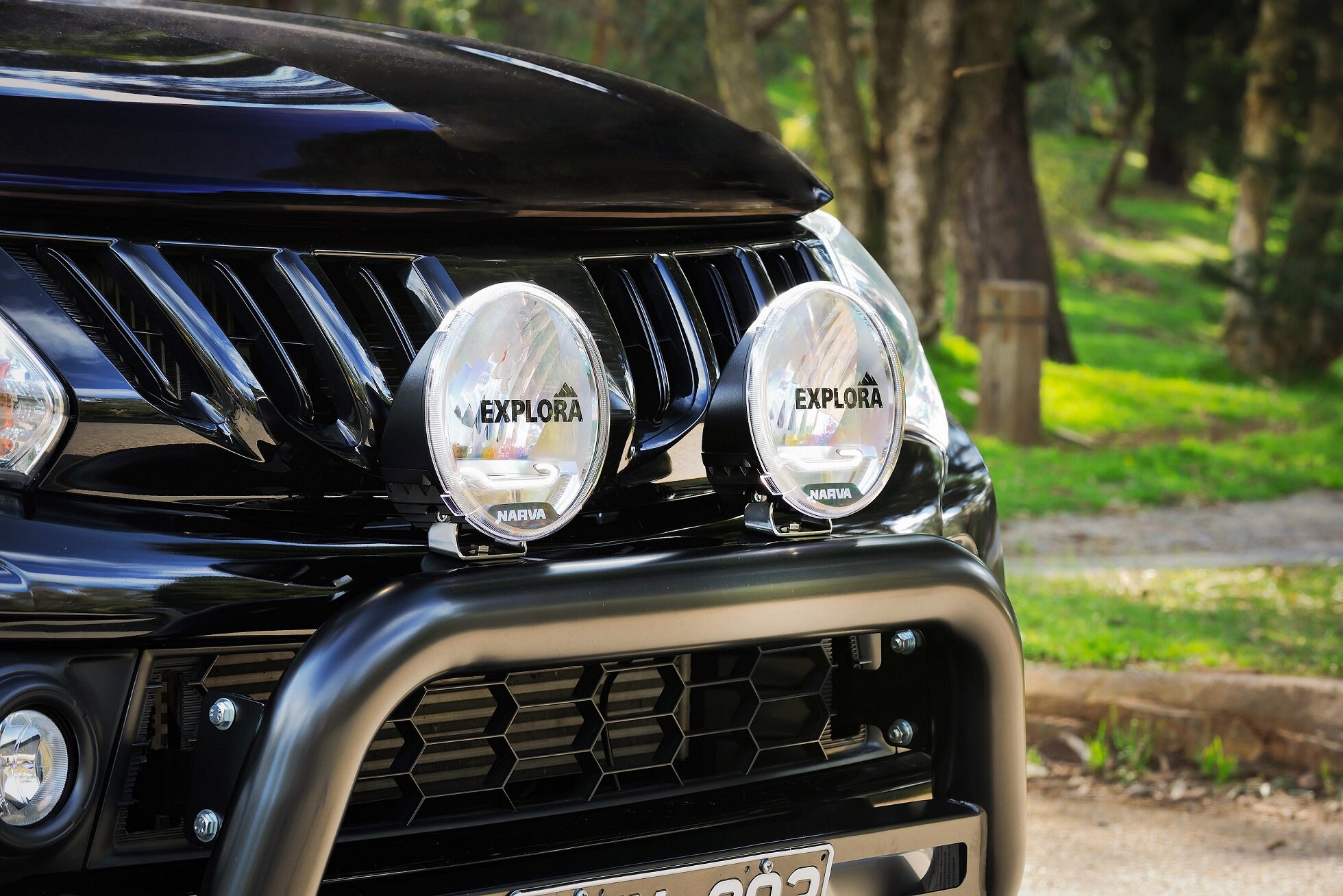
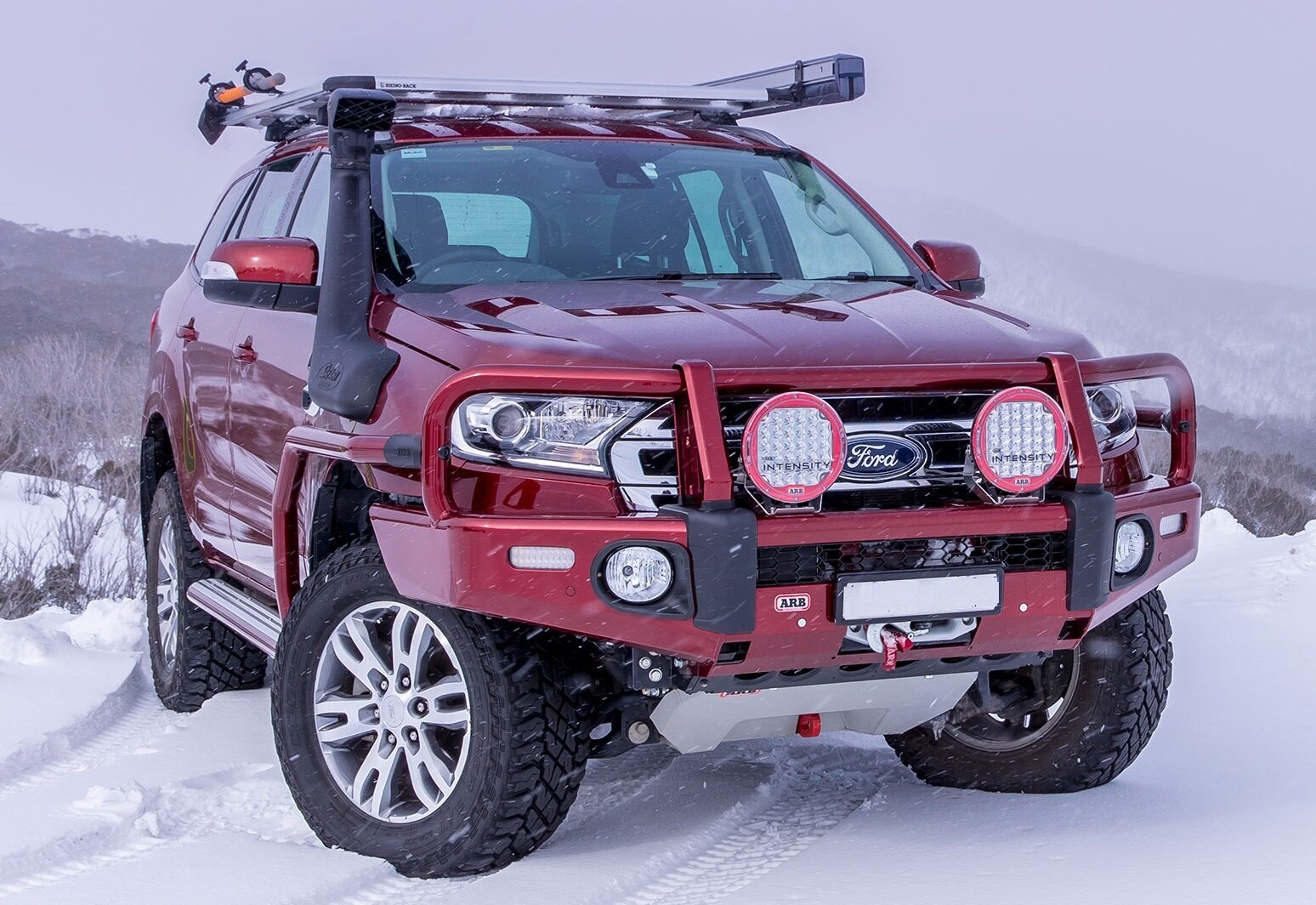

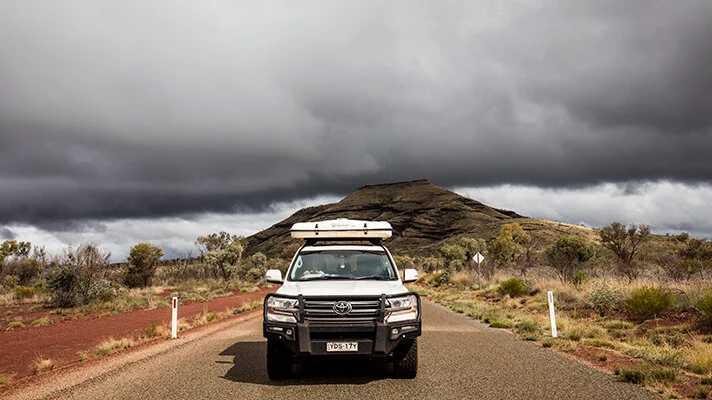


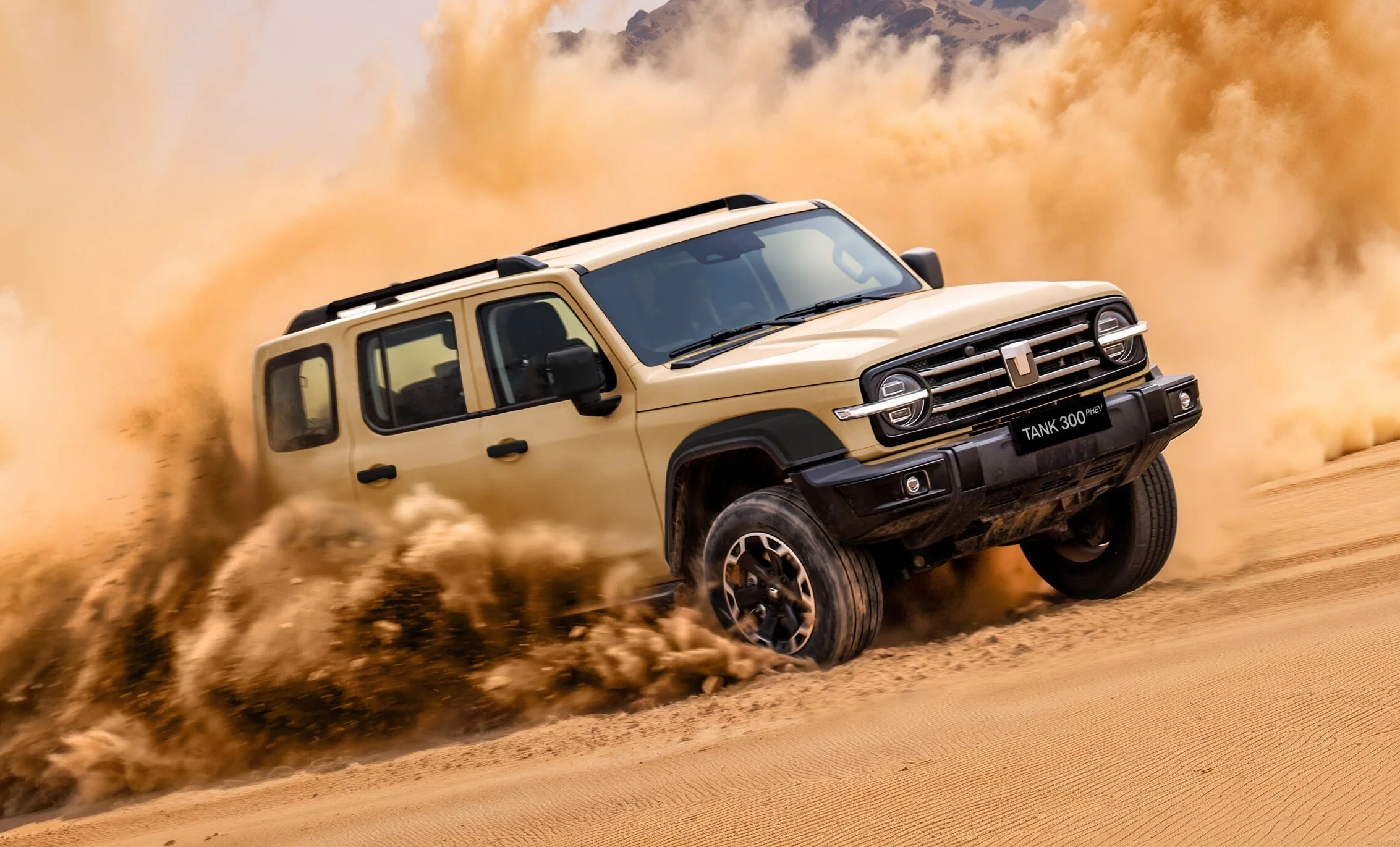


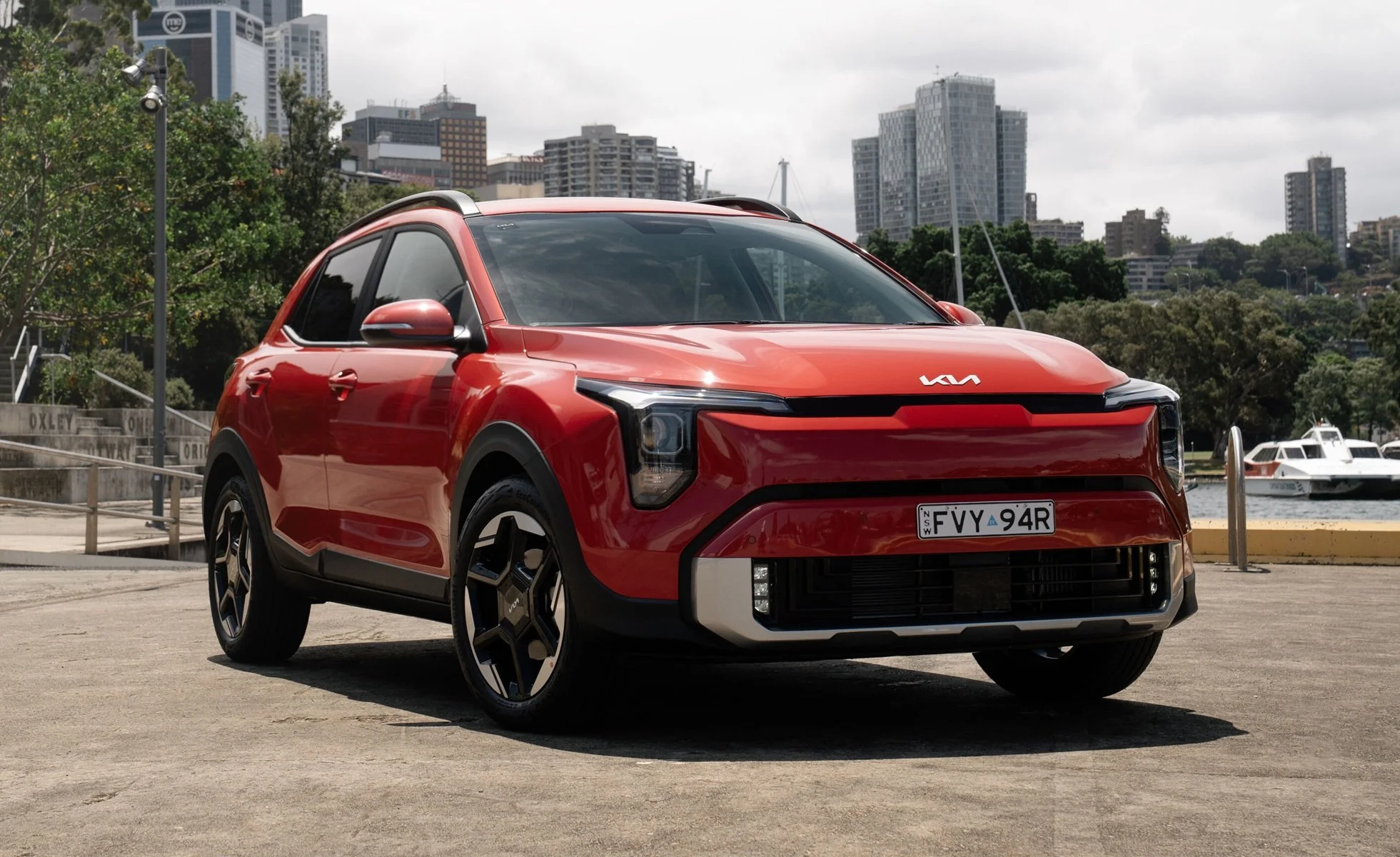
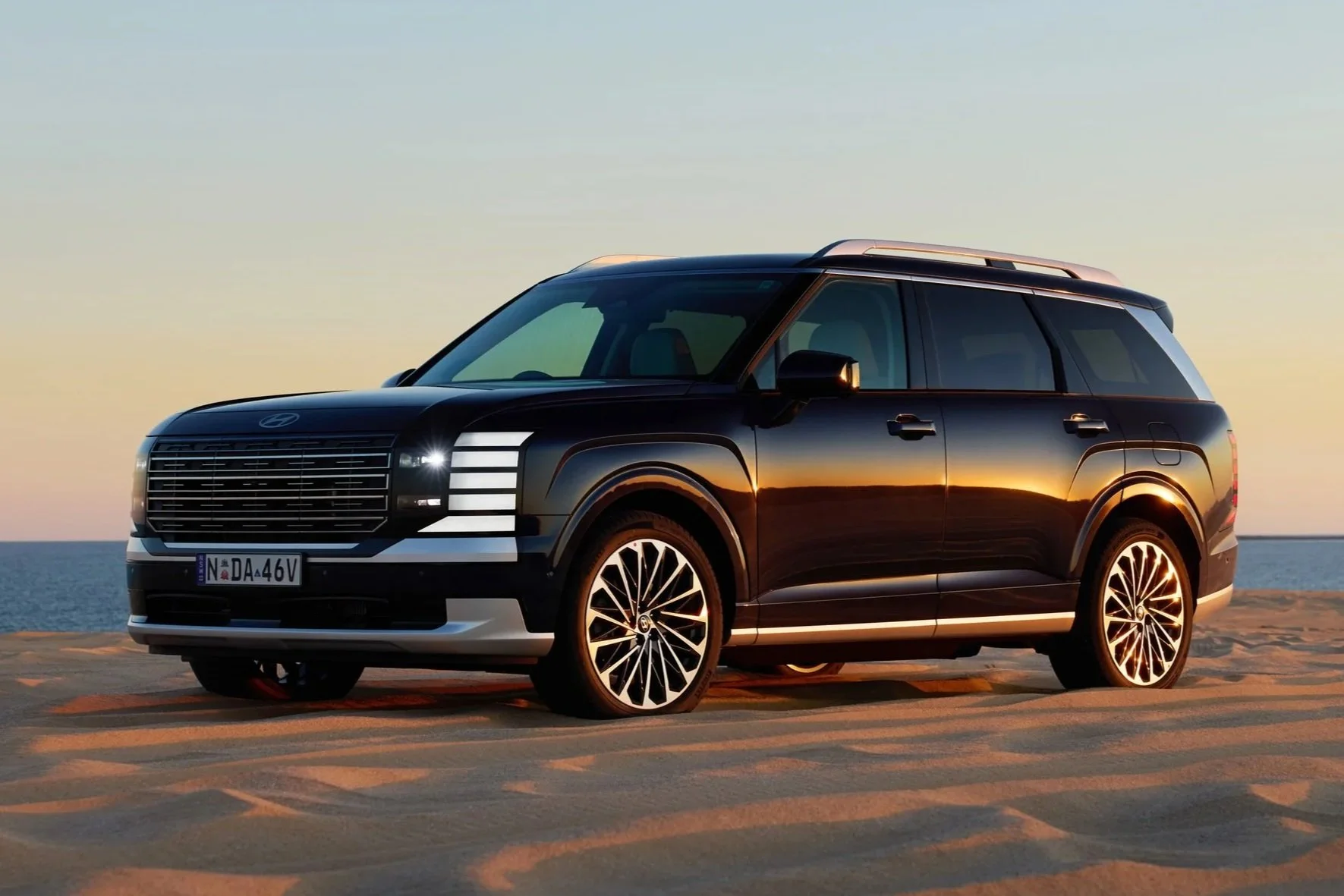


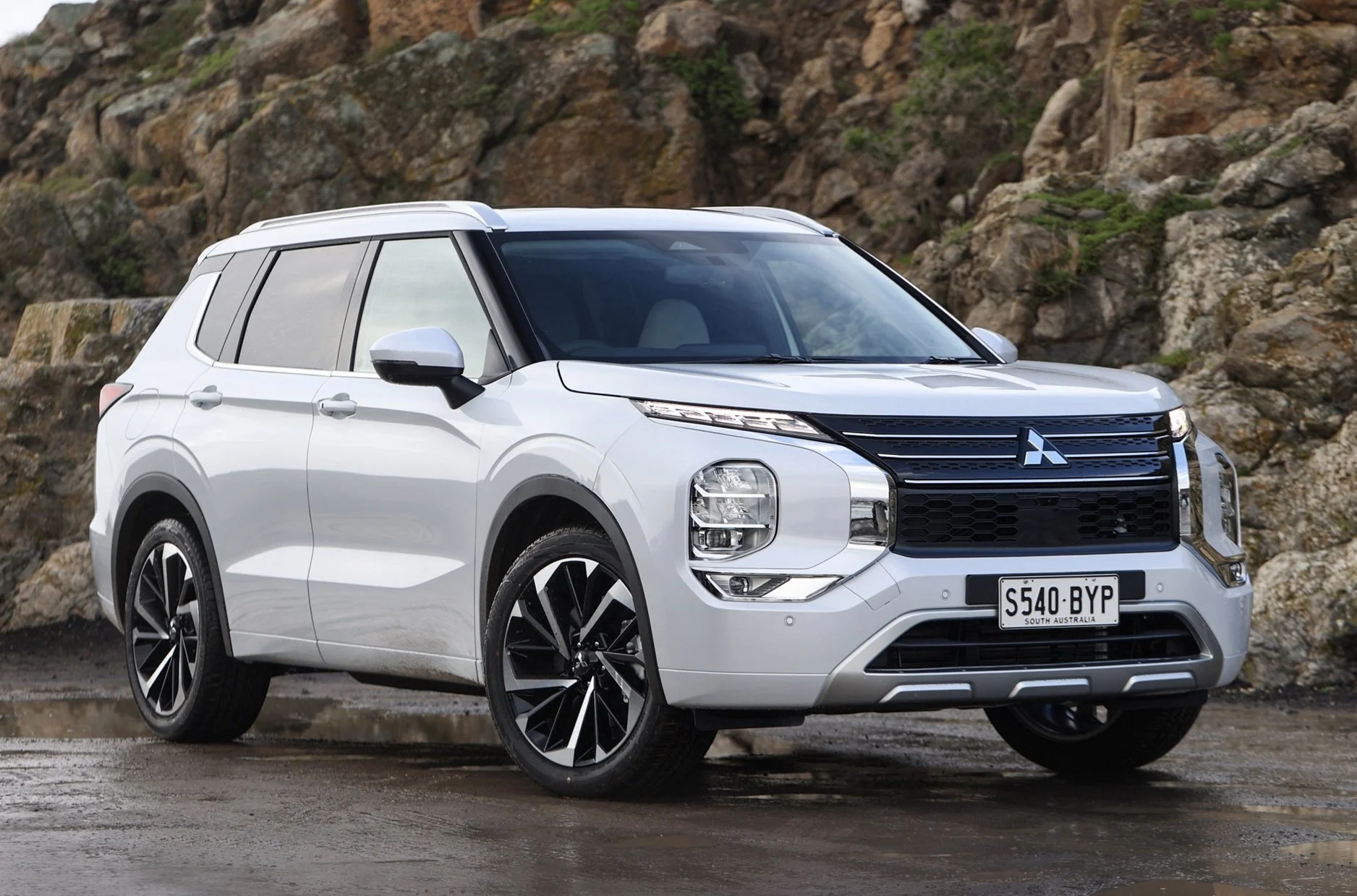


There’s plenty to like about the 7-seat Ford Everest for hardcore off-roading and heavy towing thanks to its big V6 diesel. But is it wise dropping up to $80K on Ford these days?